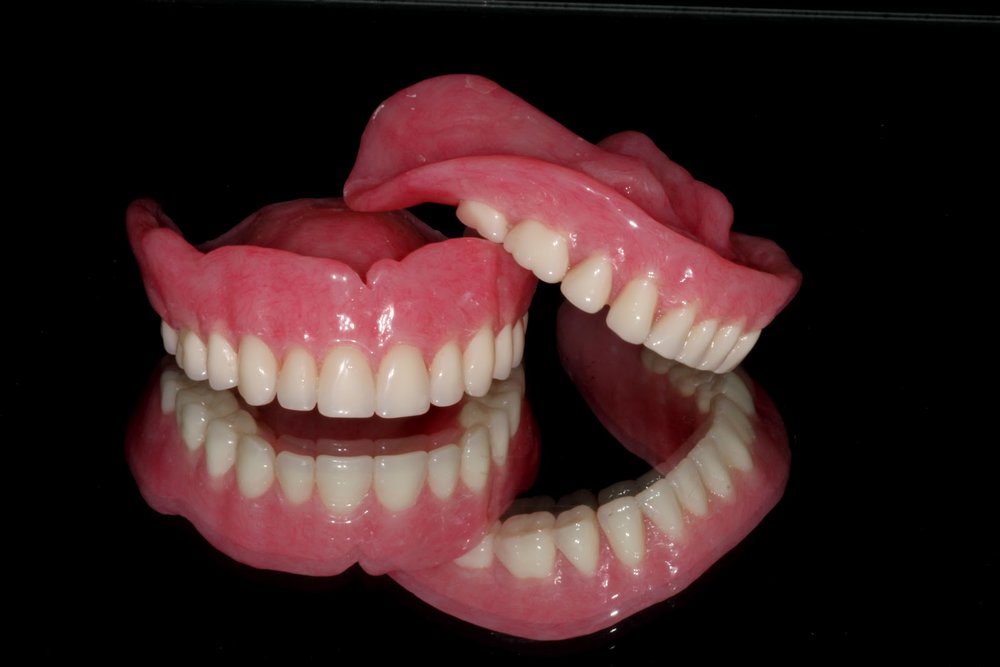When choosing dentures, it's important to understand the key differences between acrylic and porcelain materials. At Pilotage Dental, a trusted dental laboratory, we specialize in providing high-quality dentures tailored to each patient's needs. This article will guide you through the distinctions between acrylic and porcelain dentures to help you make an informed decision.

1. Material Composition
Acrylic Dentures: Made from a type of plastic known as polymethyl methacrylate (PMMA), acrylic dentures are lightweight and durable.
Porcelain Dentures: Crafted from a ceramic material, porcelain is known for its hardness and lifelike appearance.
2. Aesthetics
Acrylic: Acrylic dentures offer a natural look, but they tend to wear faster than porcelain. However, they can be easily tinted to match the color of your gums and teeth.
Porcelain: Porcelain dentures are highly regarded for their ability to mimic the appearance of natural teeth. They reflect light in a similar way to enamel, giving a more realistic finish.
3. Durability
Acrylic: Acrylic dentures are softer than porcelain, which makes them less prone to chipping but also causes them to wear out more quickly over time.
Porcelain: Porcelain dentures are much harder, meaning they resist wear better, but they are also more brittle and prone to breaking if dropped.
4. Comfort and Fit
Acrylic: Acrylic dentures tend to fit more snugly against the gums, making them more comfortable for many wearers. Because they are lighter, they often provide a more comfortable fit for extended periods.
Porcelain: Porcelain dentures are heavier, which can make them feel bulkier. However, some people prefer the firmness that porcelain offers, especially when chewing.
5. Impact on Natural Teeth
Acrylic: Acrylic dentures are gentler on the opposing natural teeth, meaning they are less likely to cause wear if you have a combination of dentures and natural teeth.
Porcelain: Because porcelain is harder, it can wear down any remaining natural teeth over time, which may require additional dental care.
6. Cost
Acrylic: Generally more affordable, acrylic dentures are an excellent choice for those looking for a budget-friendly option.
Porcelain: Porcelain dentures are typically more expensive due to their durability, longevity, and more lifelike appearance.
7. Maintenance and Care
Acrylic: Easier to adjust and repair, acrylic dentures are more flexible in terms of customization. However, they may require more frequent replacement.
Porcelain: Porcelain dentures need more careful handling to avoid breakage, but they tend to last longer if cared for properly.
Which Option is Best for You?
At Pilotage Dental, we help patients choose between acrylic and porcelain dentures based on their individual needs. If you prioritize comfort and affordability, acrylic dentures may be the better choice. However, if you value aesthetics and longevity, porcelain might be worth the investment.
To explore your options for custom dentures, visit us at Pilotage Dental Lab. We provide expert consultations to ensure you receive the best solution for your dental needs.




